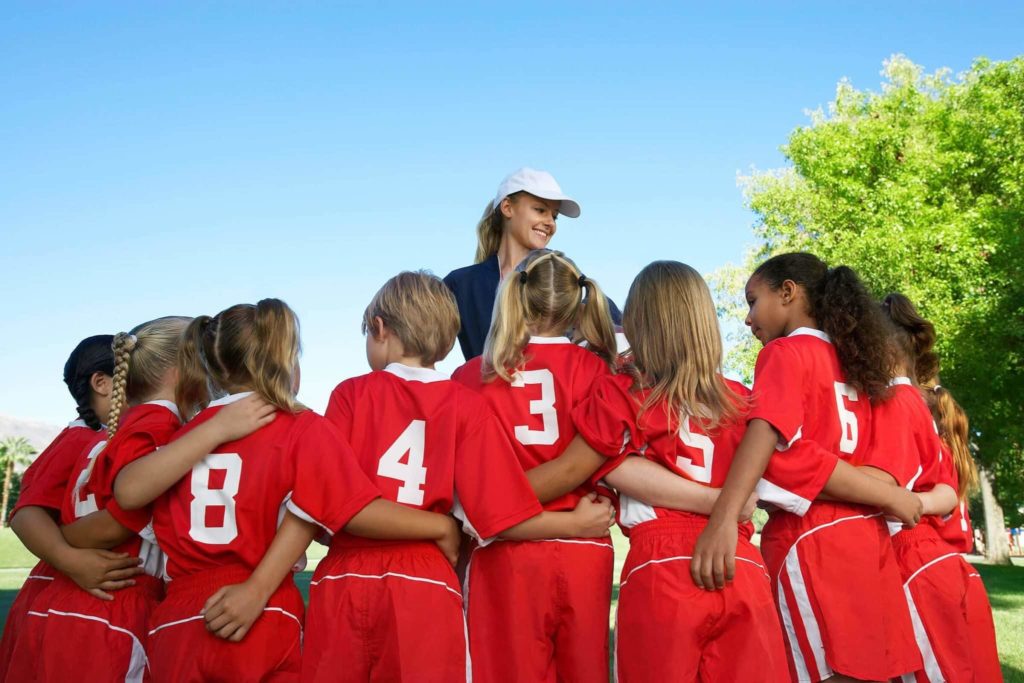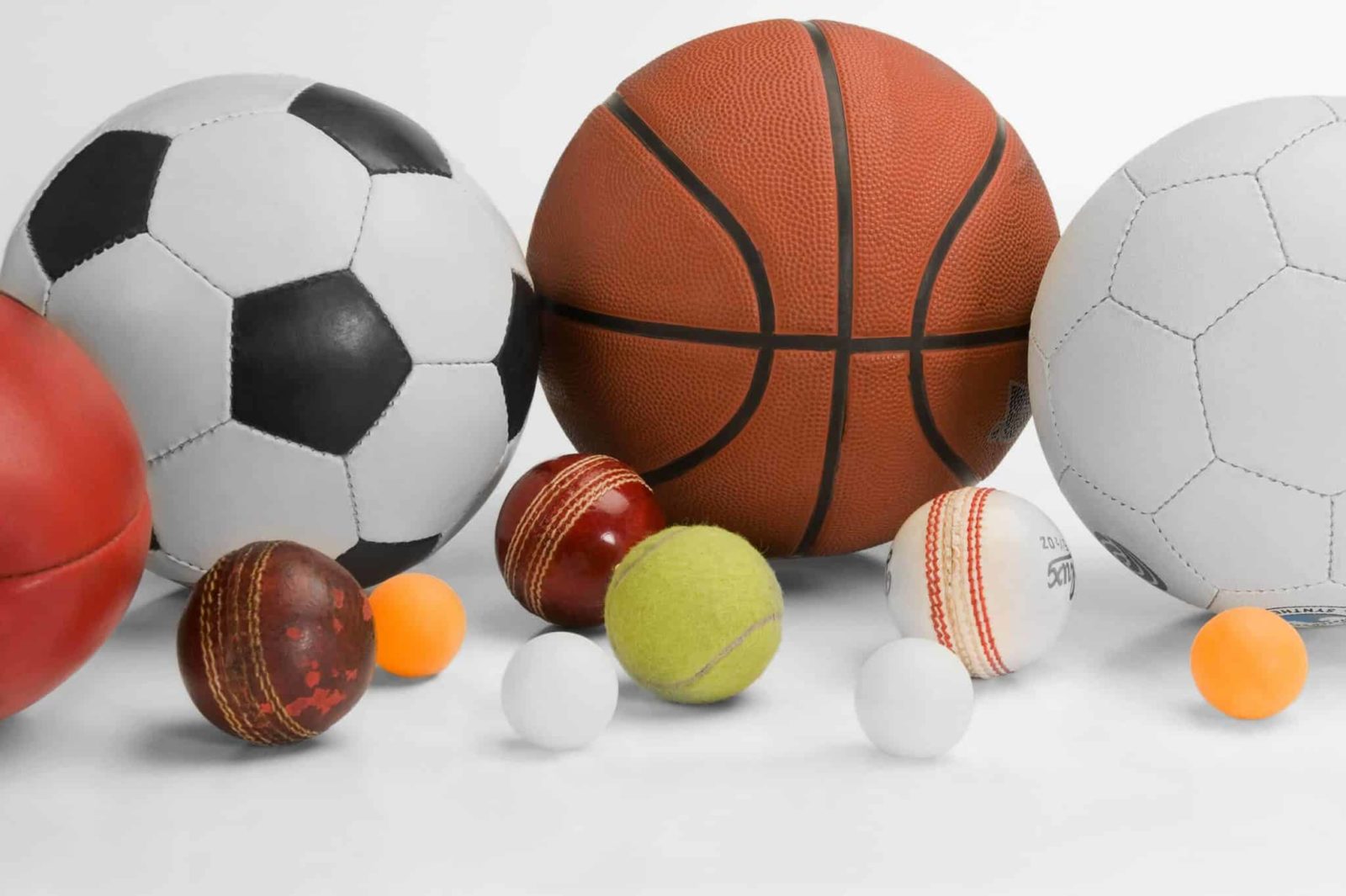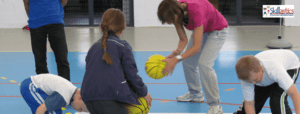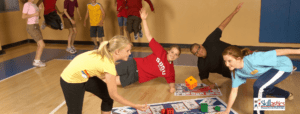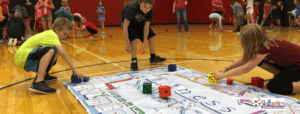There’s a reason that sports matter to us, and it’s not just about winning. Sports are good for the mind and body.
First, playing sports feels good, win, or lose. A game is a good challenge and gives the body a good workout. Sports are fun, exciting, and rewarding on a physical level. Then, learning a sport introduces and develops new skills, both mental and physical. The strategy of a sport engages the mind while learning to play provides new abilities and ways to move the body.
Playing sports combines mental and physical energy that elevates life to another level, giving players better ways to think and feel.
Skill Development
There is a natural tendency to follow inertia. Often, children who feel bored continue to do nothing instead of finding something to do. However, put children on a path toward a goal, and they go merrily on their way. When a child engages with a sport, there is always something to do. Sports provide goals within goals.
While it’s fun to play a sport, playing well is another aspect of sports. To play well requires practice and skill development. Any sport can break down into a set of skills, and each of those skill sets comes with practice drills or techniques to learn. This means children who learn a sport can pick one or more skills to develop and spend time on, keeping them active.
Within the bigger picture, learning skills for a sport translates into life lessons that children apply throughout their lifetime. Trying something new requires an element of risk-taking, and sports provide a safe place to acquire this life skill.
Children who learn new skills from a sport will be more comfortable managing the risks of trying something new in life. Accomplishing a new skill instills confidence and self-reliance, good qualities to possess for achieving success. From starting a new job to taking more responsible positions within a workplace, sports pave the way for future success.
And not just at work. In their adult lives, children who participated in sports will be more likely to follow healthy lifestyles that include exercise. From a childhood sport, they have knowledge about their bodies and ways to improve their condition, so they can continue to stay active. Also, they are more likely to continue their sport in some manner on organized teams or professional leagues when they are no longer playing for their school.
Life-Long Activity
Sports are outlets that give children a chance to be physically active, and they gain an early foundation for a healthy lifestyle. From eating right to building muscles so they can perform the sport, children who play a sport learn about being healthy.
When children play a sport, they are more likely to be conscious of their food choices and balance physical activity with sedentary pursuits. Quickly, children who play sports understand the connection between healthy food and gaining the energy required to be physically active. Snacks and meals provide the fuel for their bodies to play sports, and children who care about their sport will care about the foods they eat.
Instead of lounging in their downtime, children on a sport are more likely to get up and out. From practicing the game with others to working on a skill, a child who plays sport has options to use their time toward playing the game instead of being inactive. Children on a sport are more inclined to keep active and benefit their skills instead of sitting around.
In order to be ready for games, children who play sports find value in practice and staying active. These children will know the value of building strength from frequent activity, and the routine of practices before a game will teach them the importance of constant and regular preparation to stay fit. The regiment instills healthy habits to seek exercise that can sustain them into adulthood when there is competition for their time.
Ready For The Future
By engaging with a sport, children learn important life lessons that will enable them to cultivate a healthy lifestyle as an adult. The early exposure to the responsibility of maintaining their bodies in order to play a sport allows children to develop healthy habits to last a lifetime. As they age and become adults, children who play sports have the advantage of experience and knowledge to continue their active lifestyle when they’re older.
As other responsibilities encroach on their lifestyles when they’re adults, children who play sports will be able to prioritize their health and exercise, falling back on their early experiences balancing school and their sport. As life gets more stressful, adults who played sports as a child will have an outlet through exercise and experience healthier living overall.
About the Author
Sandy Slade is the CEO & Founder of Skillastics®, the #1 on-site and virtual physical activity resource for groups of children of all sizes. The on-site programs are designed around Skillatsics Activity Kits. These Activity kits include an innovative technique of play, executed on an oversize mat, where up to 100 children can play at one time.
The virtual programs provide students with an amazing variety of physical activity experiences that consist of 30 days of content lasting 30-40 minutes a day taught by national experts.
Skillastics® is enjoyed by over 10 million students in more than 25,000 Physical Education and After School settings nationwide.
For more information, email info@skillastics.com or check out www.skillastics.com.

